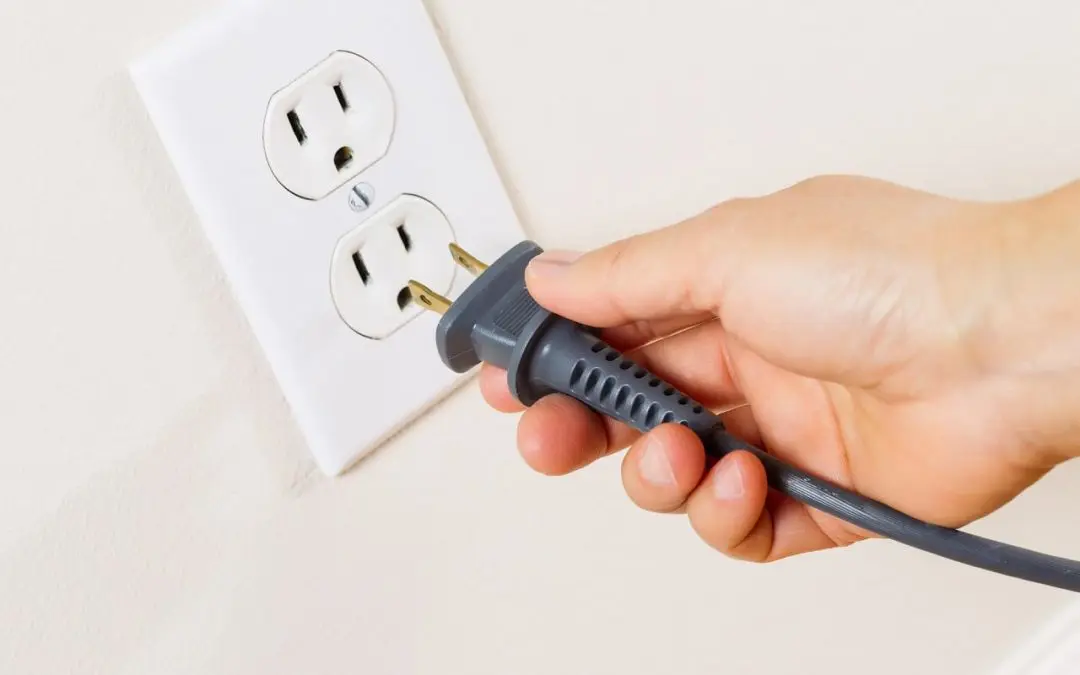Tens of thousands of families experience dangerous house fires every year. Some of these fires start due to a lack of chimney maintenance or fire safety, but electrical problems are another key cause. Practicing electrical safety is the best way to protect your house, your family, and your belongings from the devastating results of fire. Here are some tips to keep your home safe.
Use Extension Cords Properly
Extension cords are designed to be used when you need to power a device in a part of your home or yard that does not have an accessible electrical outlet. However, some people use them regularly throughout their homes.
Never use extension cords as a permanent solution to electricity or wiring problems. Do not run them across doorways or under carpeting. If you are using your cord outside, ensure it’s rated for outdoor use.
Child-Proof Your Outlets for Electrical Safety
When you have young toddlers and children exploring your home, you’ll need to take extra steps for electrical safety. One of the easiest and most affordable changes you can make is using outlet covers or plugs. These tools prevent your child from poking fingers or other objects into the outlet. To keep your kids from playing with cords, try installing cord covers or shifting furniture so that it blocks access to the outlet.
Never Do Electrical Work on Your Own
Electricity is hazardous, and you should never attempt to DIY electrical work. Instead, work with experienced electricians when you need new outlets installed or wiring work done to maintain electrical safety. They know best practices for completing your project and what steps to take to keep your home and family safe.
Use a Dedicated Outlet for Every Major Appliance for Electrical Safety
Major appliances use a lot of electricity and often have three-pronged plugs that require a grounded outlet. As a result, you’re putting electrical safety at risk when plugging large appliances into a power strip instead of an outlet.
Plug your refrigerator, space heater, washing machine, dryer, microwave, and other appliances directly into the wall. If you don’t have enough outlets to accommodate your needs, contact an electrician to install more.
Know the Signs of Electrical Safety Issues
Overloaded electrical systems are a significant risk for homeowners who want to maintain electrical safety at their properties. Because of this, it’s essential to know some of the signs that you have an overloaded electrical system. These signs include:
- Buzzing sounds coming from light switches or outlets
- Lights that dim or flicker when major appliances like the HVAC system turn on
- Discolored switch plates or outlets
- Fuses blowing regularly
- Wallplates or outlets that feel warm to the touch
- Burning odors near switches or outlets
If you notice any of these signs, contact a professional to assess the situation and make repairs.
HomeSpec offers inspections to customers in North Mississippi and Southwest Tennessee. Contact us to request an appointment.

